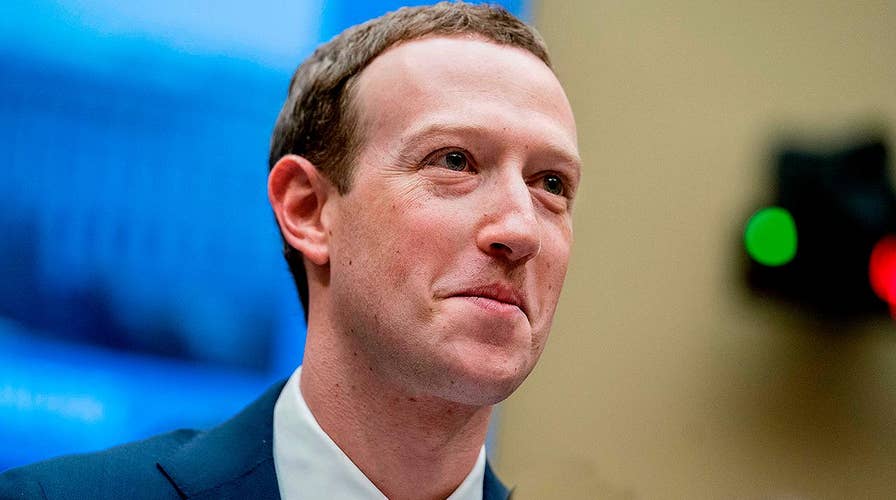What can Facebook legally do with your personal info?
How to protect yourself online. Bob Massi provides insight into data and privacy practices.
Are people really quitting Facebook over the Cambridge Analytica scandal? Not really, a new study suggests.
Consulting firm Creative Strategies polled 1,000 Americans earlier this month and found that 17 percent had uninstalled the Facebook app from their smartphones; 9 percent had deleted their account altogether.
"These numbers might not worry Facebook too much, but there are less drastic steps users are taking that should be worrying as they directly impact Facebook's business model," analyst Carolina Milanesi said in a statement.
"Lower engagement is the real risk for Facebook," she said, pointing to the 35 percent of survey takers who said there were using Facebook less often. Another 35 percent had changed their settings on the platform, presumably to expose less of their personal data, while 28 percent never trusted Facebook to begin with.
More From PCmag
"This should be the real concern for Facebook, as unengaged users will prove less valuable to brands who are paying for Facebook's services," Milanesi said.
News of Cambridge Analytica's major data scrape broke in mid-March, when Facebook banned the company and its associates from the platform. Most Americans appear to be paying attention to the news; 76 percent of the survey takers were at least "somewhat aware" of the Cambridge Analytica controversy.
Why do people use Facebook? About half the survey takers said they do so to keep in touch with friends and family who live in another area or they've lost touch with. In that respect, Facebook achieves its goal of connecting people, Milanesi said. But 20 percent use it to quell boredom.
During his appearance on Capitol Hill this week, Mark Zuckerberg was asked to confirm that "Facebook has not noticed a significant increase in users deactivating their accounts" or "a decrease in user interaction on Facebook" since the Cambridge Analytica news broke. "Yes, that's correct," Zuckerberg responded.
Previously, he said during a press call that there had been no "meaningful impact" in account shutdowns following the#DeleteFacebook effort.
"But, look, it's not good. I don't want anyone to be unhappy with our services or what we do as a company. So, even if we can't really measure a change and the usage of a product, or the business or anything like that, it still speaks to people feeling like this is a massive breach of trust and that we have a lot of work to do to repair that."
That statement came as the company revealed that as many as 87 million Facebook users had their personal data scraped by Cambridge Analytica. To regain the public's trust, Facebook has been rolling out new tools and phasing out others.
This article originally appeared on PCMag.com.









































